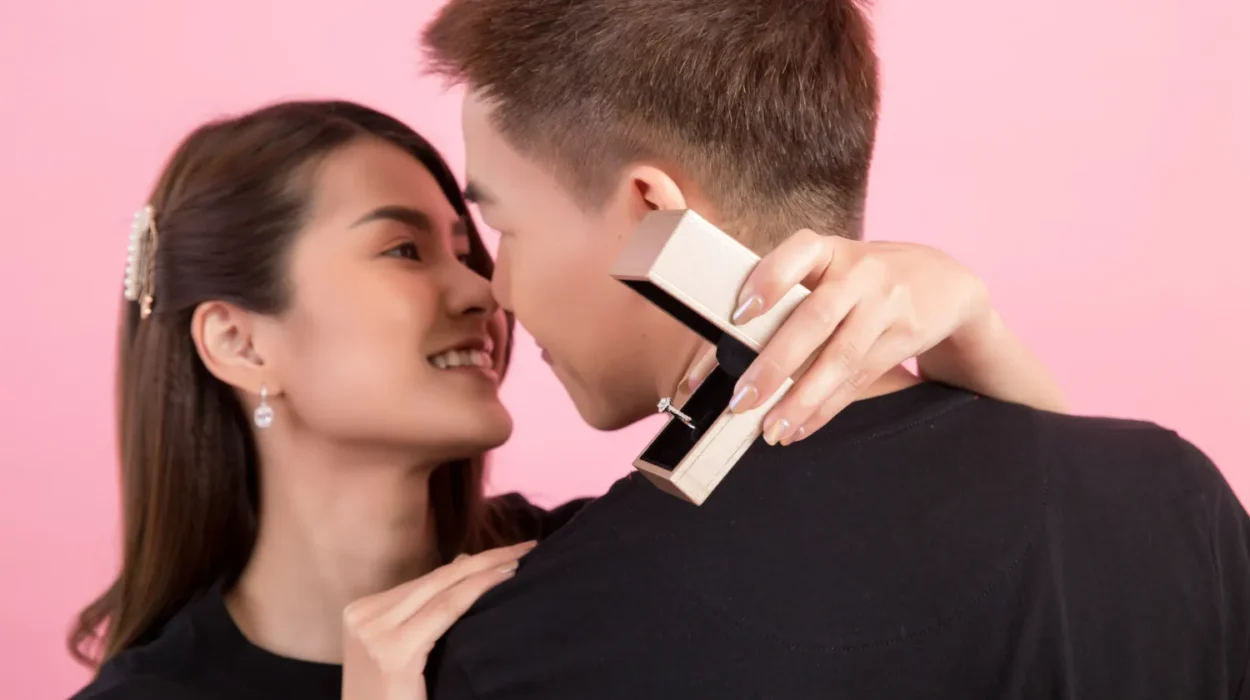A pronoun is a word that is used to replace or substitute a noun in a sentence. Pronouns are employed to avoid repetition and make sentences less cumbersome. Common pronouns include words like “he,” “she,” “it,” “they,” “we,” and “you,” which are used to refer to people, things, or concepts without explicitly stating them each time. Pronouns help in creating clear and concise communication by referring back to previously mentioned nouns or introducing new ones.
Examples of Pronouns
Personal Pronouns:
- He is going to the store.
- She will join us later.
- They have already left.
Possessive Pronouns:
- That book is mine.
- Is this pen yours?
- The house is theirs.
Reflexive Pronouns:
- He hurt himself during the game.
- She reminded herself to call.
- We enjoyed ourselves at the party.
Demonstrative Pronouns:
- This is my favorite movie.
- Can you pass me that book?
- Those are the shoes I want.
-
Interrogative Pronouns:
- What is your name?
- Which do you prefer?
- Whose jacket is this?
- Relative Pronouns:
- The person who called left a message.
- This is the house where they live.
- I like the book that you recommended.
- Indefinite Pronouns:
- Everybody is welcome to join.
- Someone left their umbrella.
- Both of them can come.
- Reciprocal Pronouns:
- They often help each other.
- The two friends know one another well.
- They respect one another’s opinions.
These examples showcase how pronouns replace or refer to nouns in various contexts.



